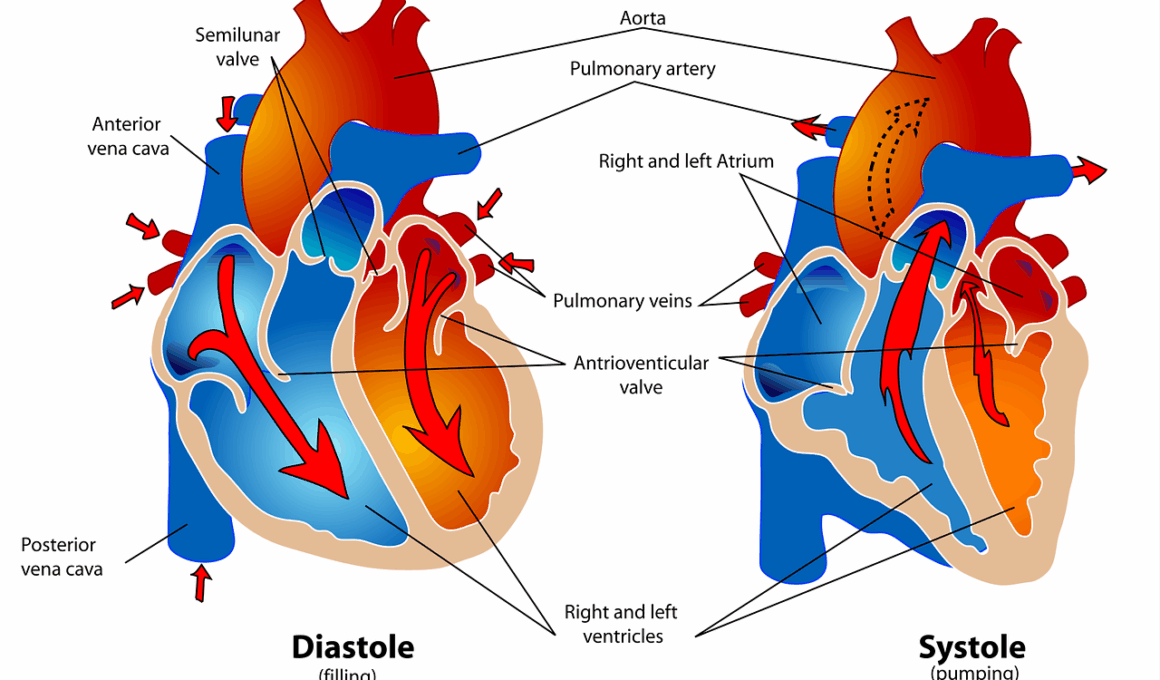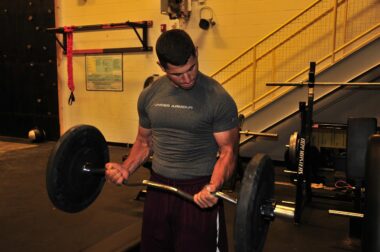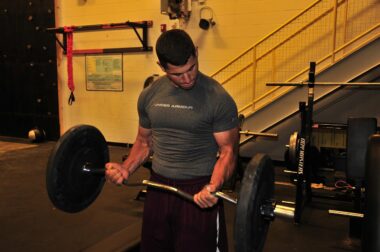The Connection Between Cardiovascular Training and Immune Function
The immune system is crucial for maintaining health, and its efficiency can be influenced by various factors. One significant factor is physical activity, particularly cardiovascular training. Engaging in cardiovascular exercises, such as running, cycling, or swimming, can enhance immune response through several mechanisms. These include increased circulation of immune cells, which helps them move around the body more easily to detect and eliminate pathogens. Cardiovascular training also promotes better circulation, ensuring that immune cells can access areas needing attention swiftly. Furthermore, exercise positively influences the release of hormones that can enhance immune function. It is essential to understand the balance between adequate training and recovery periods to maintain optimal immune function.
Mechanisms of Cardiovascular Training
There are several mechanisms through which cardiovascular training supports the immune system. First, regular aerobic activity aids in lowering stress levels, which is essential because stress hormones can suppress immune function. Second, exercise induces a temporary increase in the production of antibodies and white blood cells that can help fend off infections. Additionally, the physiological processes triggered by cardiovascular exercise may lead to enhanced production of cytokines, which are essential for signaling within the immune system. This heightened immune response can be beneficial, especially during flu and cold seasons, as well as during times of increased exposure to infectious agents. Moreover, regular cardiovascular activity can contribute to improvements in overall metabolic health.
Incorporating cardiovascular training into one’s routine can be effective in enhancing immune responses. However, it’s important to note that excessive strenuous exercise without adequate recovery can have the opposite effect, leading to a decrease in immune function. This phenomenon is often referred to as the “open window” theory, where intense training can leave the body susceptible to illness. To maximize immune benefits, aim for moderate, consistent exercise sessions, balancing intensity with rest. This balance allows for improved muscle recovery and restoration of immune function while promoting cardiovascular health. Additionally, consider combining aerobic activities with strength training, as this combination can further support systemic health and immunity.
Nutrition also plays a critical role in conjunction with cardiovascular training and immune function. A well-balanced diet that includes a variety of nutrients can further boost the immune system alongside regular exercise. Focus on foods high in antioxidants, such as fruits and vegetables, to combat oxidative stress resulting from exercise. Incorporating omega-3 fatty acids found in fish can help reduce inflammation within the body, enhancing the overall immune response. Moreover, hydration is vital, as adequate fluid intake supports optimal body functions, including immune efficacy. Thus, while cardiovascular training is essential for immune health, combining it with proper nutrition and hydration can yield significant benefits.
Impact of Age and Condition on Training
The effectiveness of cardiovascular training on immune function can vary based on an individual’s age and health condition. Generally, younger individuals tend to have a more robust immune response to physical activity. However, older adults can still experience significant benefits from engaging in cardiovascular exercise. Studies have shown that seniors who partake in regular aerobic activities may enhance their immune system’s capability to respond to pathogens. Conversely, individuals with underlying health conditions might need a tailored approach, as too much exercise could exacerbate those conditions. Consultation with healthcare professionals can help design optimal training regimens that maximize immune benefits while ensuring safety.
Monitoring exercise routines for changes in health is essential, especially for older adults or those managing health issues. Implementing social support through group exercises or community programs can enhance motivation and adherence to training schedules, fostering a champion mindset towards fitness and good health. Additionally, mindfulness practices combined with cardiovascular training can contribute to overall emotional and psychological well-being, further amplifying immune responses. When individuals feel better mentally, they tend to engage more actively in physical exercise, forming a positive feedback loop key to sustaining health over time. Personal trainers can also help guide individuals to ensure they find a routine that respects personal limits.
Conclusion: The Holistic Approach to Immune Function
In conclusion, cardiovascular training plays a significant role in enhancing immune function, offering numerous health benefits. Regular exercise boosts immune cell circulation, reduces stress, and promotes the release of beneficial cytokines. However, it is essential to strike a balance between exercise intensity and recovery. Optimal nutrition and proper hydration further support these efforts. Incorporating cardiovascular workouts into an overall wellness routine, along with strength training and adequate hydration, creates a multifaceted approach to boosting and maintaining immune function. It is encouraged to seek professional advice when adapting exercise routines to achieve the best possible outcomes for individual health and wellness ambitions.
Ultimately, fostering an environment where cardiovascular training is part of a healthy lifestyle can lead to improved immune response and overall health. Regular evaluation and adaptation of training programs can facilitate individual progress and consistency. Remember that everyone’s body responds differently; thus, listening to one’s body and respecting its needs is crucial. By integrating cardiovascular training into daily routines, along with nutrition, hydration, and appropriate recovery practices, individuals can significantly improve their immune functionality and overall quality of life. Prioritize your wellness journey today by setting achievable exercise goals that align with personal health objectives.





